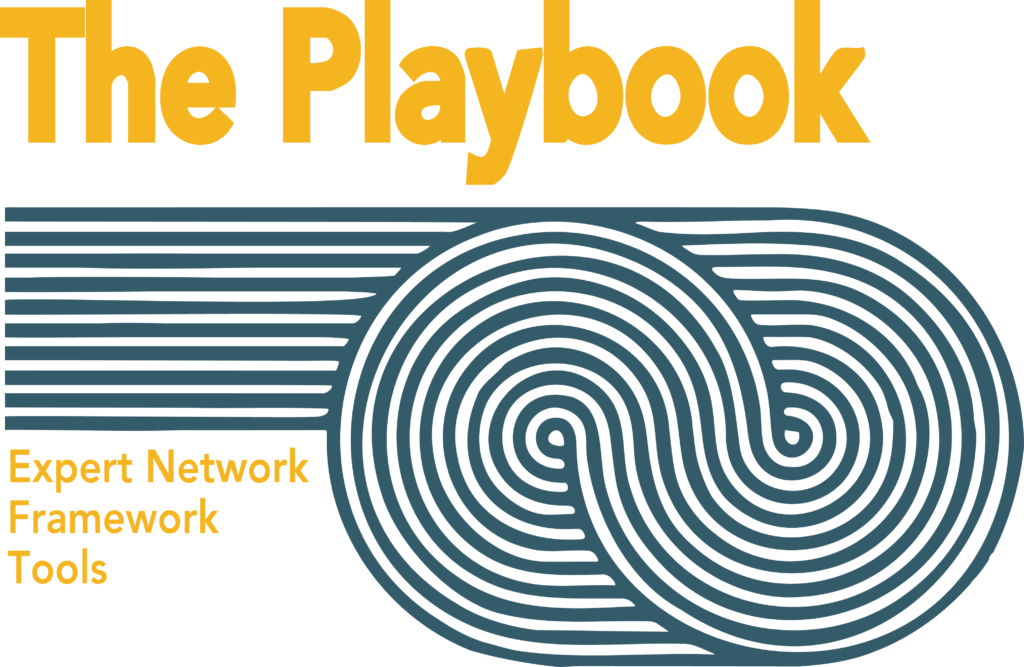
This system relies on constant production to drive growth, creating a cycle that’s now working against the brands it was built to serve.
Excess inventory floods the market, driving deep discounting, shrinking margins, and generating massive amounts of textile waste. Brand equity declines, and the pattern repeats with each new season. The system is strained, retail is overwhelmed, and the model is no longer working.
There’s a better way.
The future of business is circular—where value comes from smart design, extended use, and multiple revenue streams instead of endless production. Imagine a product intentionally designed to generate three or more sales across its lifecycle, supported by services for customers and retailers. Costs shrink through digitization, circular design strategies, and planned resale. Customer lifetime value grows, and brands gain access to future raw materials through built-in recycling systems.
The results are clear: higher margins, lower risk, and stronger business performance—all with fewer new products. Circularity isn’t just an idea; it’s a profitable, strategic shift that’s ready to reshape the industry.
Despite the risks of the linear system and the clear advantages of circularity, most brands have yet to make the shift. The path forward hasn’t been clear, and the transition often feels out of reach. That’s exactly what the Citrus Circular Transition Playbook is designed to address—providing a practical, experience-driven roadmap to move from a traditional linear model to a fully circular business.
This isn’t a theory. The Playbook is a step-by-step approach to redesign how products are made, how revenue is generated, and how systems work together across the business.
The Playbook is a structured, multi-year roadmap that guides a company through a full circular transformation over three to five years. It begins with a thorough assessment to understand the company’s current state and how it aligns with the Circular Vision. This baseline becomes the foundation for every step of the transformation ahead.
Teams are upskilled on key areas:
Once the groundwork is set, the company uses the SBHT Framework to organize the transition:
This process happens while the company remains fully operational. Employees drive the transformation, ensuring that circularity is embedded across teams and systems. The goal is to decouple revenue from production while growing revenue through new services and renewed products.
The outcome is a more profitable, more adaptable, and future-ready business.